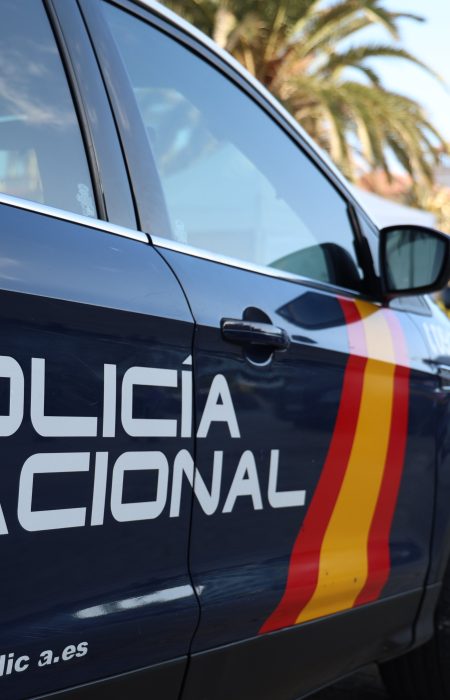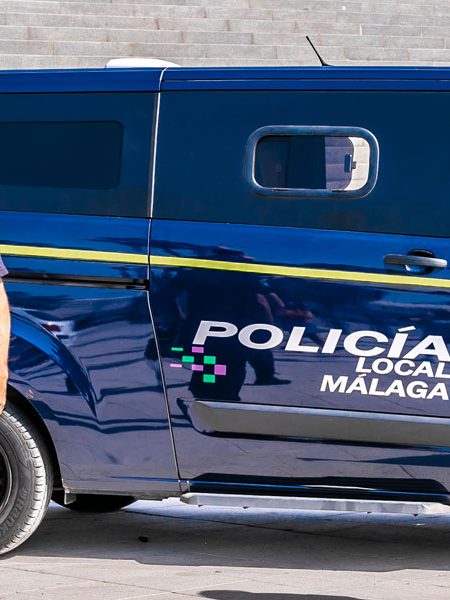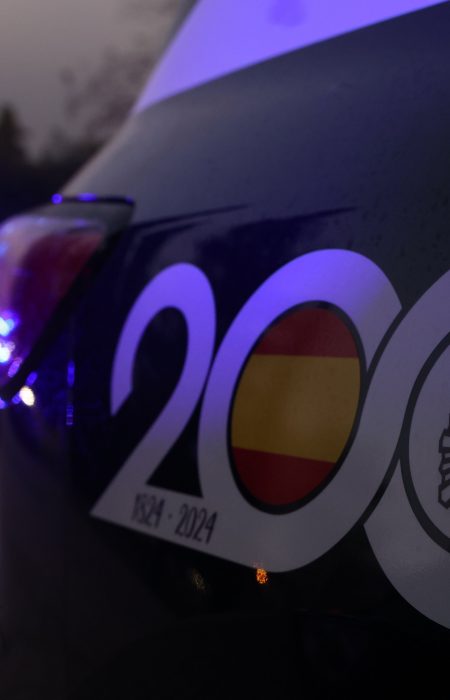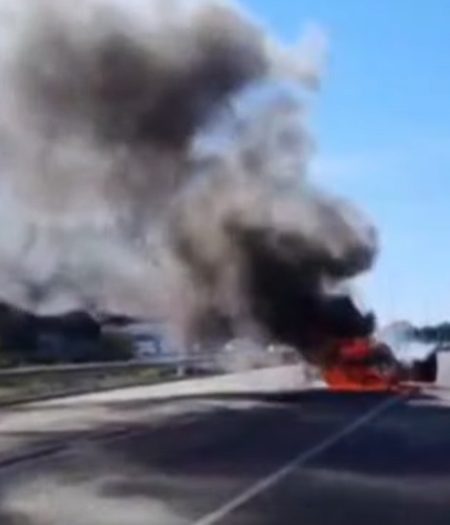The strike by senior laboratory technicians in the province of Alicante will cause the loss of more than 5,000 laboratory tests every day. The group has called for a strike across Spain for four days, and they want the Ministry of Health to acknowledge their genuine level of training and pay them accordingly, among other things. According to the organisers, this Tuesday will be the last strike, and they estimate that between 80% and 90% of people in most health districts will take part. This will happen after a rally in Madrid.
Among other things, these healthcare workers process medical images like MRIs, CT scans, and X-rays, and do clinical, microbiological, haematological, immunological, and genetic analysis. So, they stress that they are a major part of the healthcare system and are necessary for finding and keeping an eye on disorders. During the pandemic, they were in charge of processing thousands of PCR tests at the height of the health crisis.
These healthcare workers do clinical and microbiological tests, as well as process MRIs, CT scans, and X-rays.
Biochemistry and Blood Science
According to information from the Strike Committee of Senior Health Technicians about six health areas in the province of Alicante, they have stopped processing about 5,000 biological samples every day since last Thursday. These samples include blood, plasma, and serum (biochemistry and haematology), as well as urine.
According to sources, health centres will contact patients again to schedule a new test if their samples are not processed. During the strike, the people who take the samples tell patients that their tests might not be useful and give them the choice to reschedule them for a later date.
The organisers say that the Alicante health department generally handles approximately 1,700 samples a day, but right now it is only processing about 600. The typical 1,100 samples are being processed in the Sant Joan area, but now there are just 250. In the Elche health area, about 250 of the 1,500 samples taken from patients per day are being processed. In the La Vila area, the rate is about 50%, or 300 out of 600.
These days, Elda only processes about 400 out of the 1,500 samples that are taken every day. In the Alcoy area, roughly 650 blood and urine samples are taken every day, but because of the strike, only about 325 of them are being processed. You will have to throw away any samples that aren’t processed and get new ones from the patients.
Minimum services
Juan Felipe Rodríguez Ballesta, a member of the Senior Healthcare Technicians’ strike committee, says, “We always talk about the work of senior laboratory technicians, those in the scheduled (ordinary) section, the ones who work Monday through Friday.” He says that the lab staff who are doing the bare minimum are taking samples from cancer patients, paediatric patients, pregnant women, and haematological patients. These samples are not urgent, yet they are given priority.
These numbers don’t include urgent samples because hospitals have to take samples from all patients who come in. For example, Sant Joan Hospital takes in an average of 300 urgent patients, who have to take at least three tests (biochemistry, complete blood count, and coagulation) and about a thousand urine samples, “and all are collected by law.” The number is even higher at Alicante General Hospital.
“Many non-urgent samples are not being processed, which means that people have to put off seeing specialist doctors, which is causing Primary Care to fall apart.”
Technicians say that the strike is creating delays in thousands of mammograms for breast cancer screening, which “adds to the already dangerous situation of early detection programs.” “These professionals say that thousands of diagnostic and healthcare tests (including lab testing, imaging tests, radiation tests, pathology tests, etc.) are being delayed, which is bad for public health and the diagnosis of thousands of patients.
Medical appointments that are late
Rodríguez says, “Many non-urgent samples are not being processed, which is causing people to have to put off appointments with specialist doctors and the primary care system to fall apart.” He also says, “Without senior healthcare technicians, the healthcare system doesn’t work.” There is no way to make a clinical diagnosis or get therapy.
Equal pay and a rise
The group says that for decades they have been asking for their qualifications to be treated the same as those of other European countries, for their healthcare profession to be recognised as a “qualified and regulated” profession to “put an end to the professional encroachment they have historically suffered,” and for the payment of the already recognised Group B salary under the Basic Statute of Public Employees. They also use this chance to remind the government that they don’t want to be reclassified; they just want to stay where they were classified 20 years ago, with the pay rise that goes with it. They all agree that the government and the right ministries (Finance, Health, and Education) have “repeatedly failed to keep their promises.”
One of the province’s most prominent hospitals has responded to technicians’ claims that their right to strike is being undermined.
They said that only three individuals in their Clinical Analysis department went on strike on Thursday and Friday. The remainder are on a “work-to-rule” strike, which means they are only willing to do half of the work. This means that you have to throw away blood and urine samples and wait longer to process serum. This information doesn’t seem important, and we’re being blamed of sabotaging a strike that they aren’t even part of. In other words, they show up to work but don’t do anything.
Official sources said that “the Ministry of Health’s rules and guidelines are being followed in relation to the strike.” The reported occurrences are the same ones that happen on a strike day.









No Comment! Be the first one.